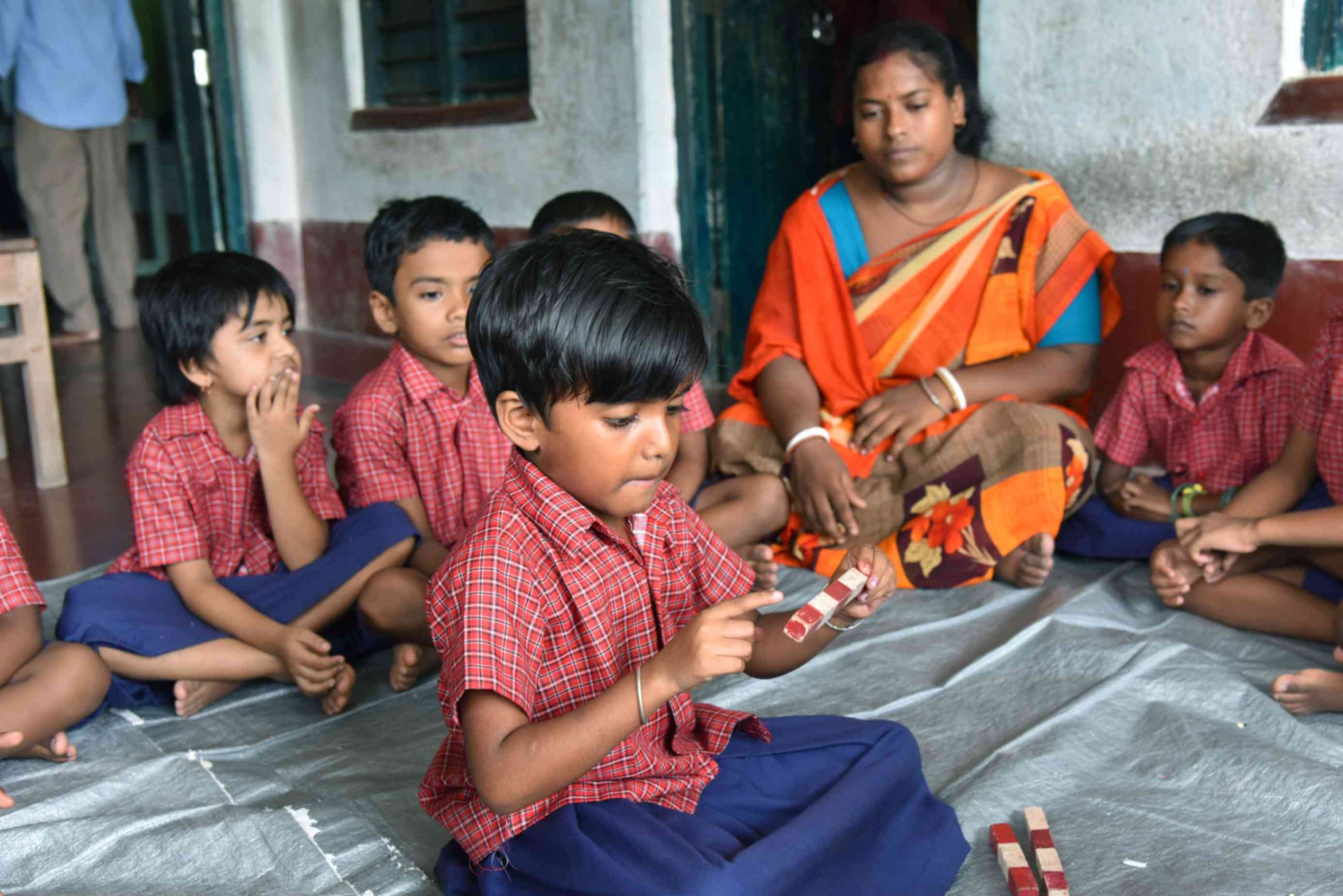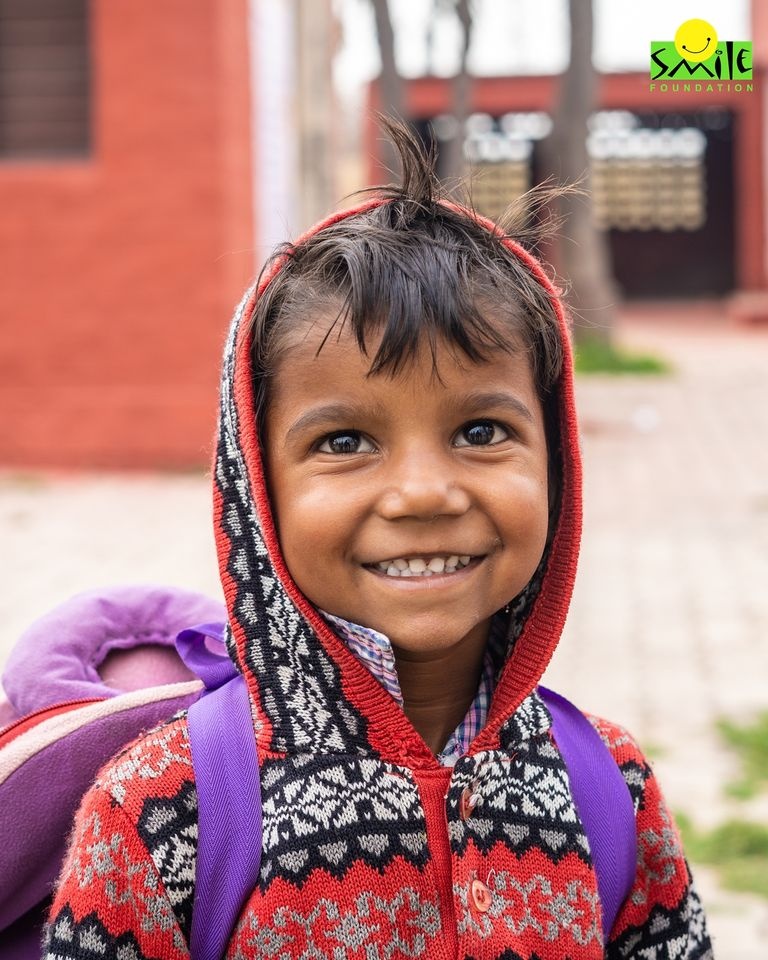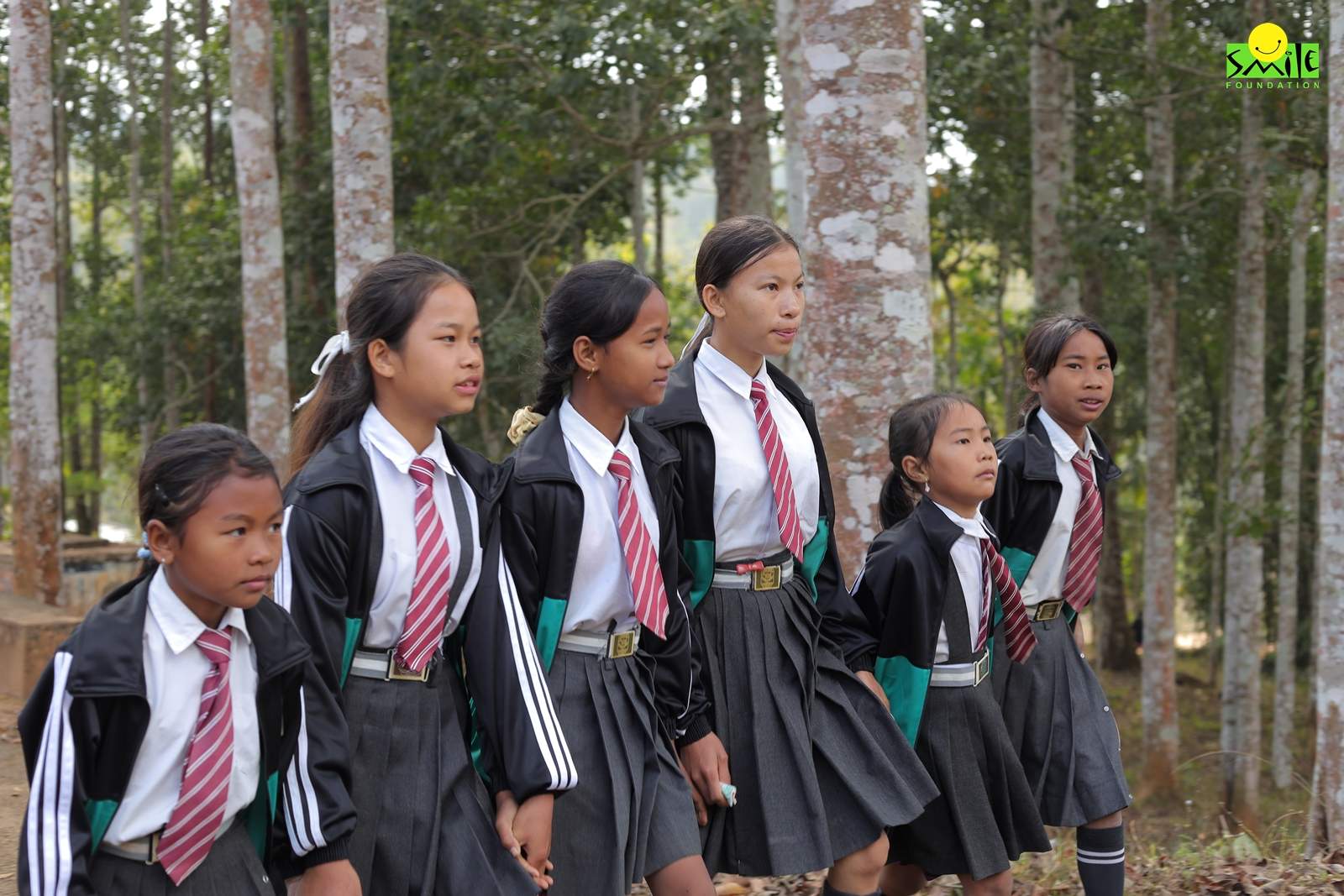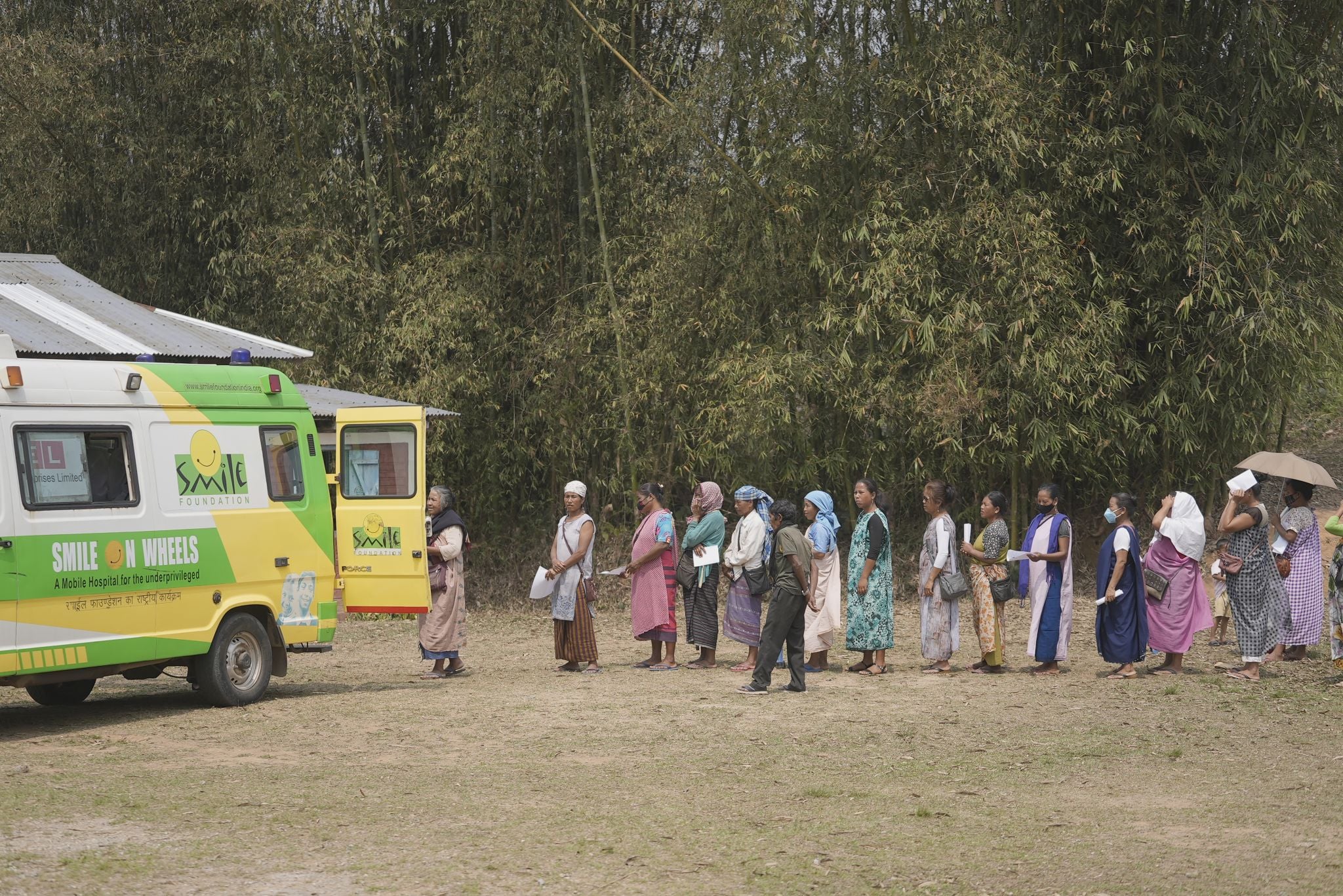Early childhood is a critical phase that lays the foundation for a child’s holistic development, shaping their physical, cognitive, and socio-emotional well-being. Recognizing the significance of this phase, the Indian government has been committed to providing comprehensive early childhood care and education through the establishment of anganwadis. These centers, integral to the Poshan Abhiyaan (National Nutrition Mission) and the Padhai Bhi, Poshan Bhi (Education and Nutrition) initiative, play a crucial role in nurturing India’s young population.
Anganwadis serve as vital hubs of support and intervention, catering to children aged 0-6 years and their families. These centers aim to provide a nurturing environment that promotes early learning, health, nutrition, and overall development. Under the Poshan Abhiyaan, anganwadis focus on addressing malnutrition and improving maternal and child health outcomes, while the Padhai Bhi, Poshan Bhi initiative aims to integrate early childhood care with preschool education.
According to the Ministry of Women and Child Development, there are approximately 14 lakh operational anganwadi centers across India. These centers provide a range of services, including immunization, health check-ups, nutrition supplementation, preschool education, and parental counseling.
Through the coordinated efforts of Anganwadi workers, supervisors, and community participation, these centers contribute significantly to enhancing early childhood development outcomes. By providing age-appropriate learning opportunities, nutritious meals, and health interventions, anganwadis lay the groundwork for a strong educational foundation, improved health, and overall well-being of children.
Poshan Abhiyaan 2023: Transforming Early Childhood Care and Nutrition
Poshan Abhiyaan, also known as the National Nutrition Mission, is a visionary initiative by the Indian government to uplift the nutritional status of children, adolescent girls, pregnant women, and lactating mothers across the country. Launched in 2018, Poshan Abhiyaan is a comprehensive program implemented by the Ministry of Women and Child Development, with the aim of addressing malnutrition and promoting early childhood care and education in India.
The primary objectives of Poshan Abhiyaan 2023 are to reduce stunting in children under the age of 5 by 2% annually, decrease anemia in women and adolescent girls by 3% each year, increase exclusive breastfeeding for the first 6 months of life to 65%, and raise the proportion of children aged 6-59 months consuming a minimum acceptable diet to 75%.
To achieve these goals, Poshan Abhiyaan incorporates a wide range of interventions, placing particular emphasis on improving the quality of food provided at Anganwadi centers, the cornerstone of early childhood care in India. These centers serve as crucial platforms for delivering nutrition education and counseling to mothers and caregivers, screening for malnutrition and anemia, and promoting breastfeeding. Poshan Abhiyaan also emphasizes the importance of sanitation and hygiene to ensure overall child well-being.
Since its inception, Poshan Abhiyaan has made notable progress. The prevalence of stunting in children under 5 years of age decreased from 38.4% in 2015-16 to 36.4% in 2018-19. However, challenges persist, with high rates of anemia among women and adolescent girls and suboptimal exclusive breastfeeding rates.
More Progress
As part of the Poshan Abhiyaan 2023, Poshan Pakhwada will be observed, a dedicated fortnight to intensify efforts towards improving nutrition. This period will witness extensive awareness campaigns, community mobilization, nutritional assessments, education, and counseling. Screening for malnutrition and anemia will be carried out, accompanied by the provision of iron and folic acid supplements. The promotion of breastfeeding and the importance of sanitation and hygiene will also be emphasized.
Poshan Abhiyaan is a long-term commitment, and while progress has been made, sustained efforts are required to fully address malnutrition and enhance early childhood care and education. By actively participating in Poshan Pakhwada 2023, every citizen has the opportunity to contribute to building a healthier nation and nurturing the future generations of India.
Future of Early Childhood Education in India
The future of early childhood education in India holds great promise as the country continues to recognize the importance of holistic development during the early years. With ongoing initiatives like Poshan Abhiyaan and the emphasis on early childhood care and education, India is poised to make significant strides in nurturing its youngest citizens.
One crucial aspect of the future of early childhood education in India is the integration of technology. As technology continues to advance, there is immense potential to leverage it for enhancing learning experiences, providing access to quality educational content, and promoting skill development. Digital platforms, interactive tools, and educational apps can play a vital role in engaging young learners and promoting their cognitive growth.
Another aspect that will shape the future of early childhood education in India is increased collaboration between different stakeholders. Collaboration between parents, educators, policymakers, and community organizations can create a more comprehensive and supportive ecosystem for children’s development. This collaboration can lead to the sharing of best practices, the alignment of resources, and the implementation of evidence-based interventions.
Furthermore, a focus on professional development for early childhood educators will be crucial. Equipping educators with the necessary skills, knowledge, and support systems can enhance the quality of early childhood education. Providing ongoing training opportunities, mentoring programs, and professional networks can empower educators to create stimulating learning environments and cater to the diverse needs of young learners.
Smile Foundation and Early childhood care and education (ECCE)
Smile Foundation’s flagship programme Mission Education works with the objective of empowering underprivileged children by providing education, nutrition, and wellness support. Mission Education works with children (3-18 years) living in difficult circumstances, children from poor families, differently abled children, disaster-struck children, abandoned and street children, and children living in tribal belts, remote villages and hard to reach areas.
Support children today for their better lives tomorrow.









